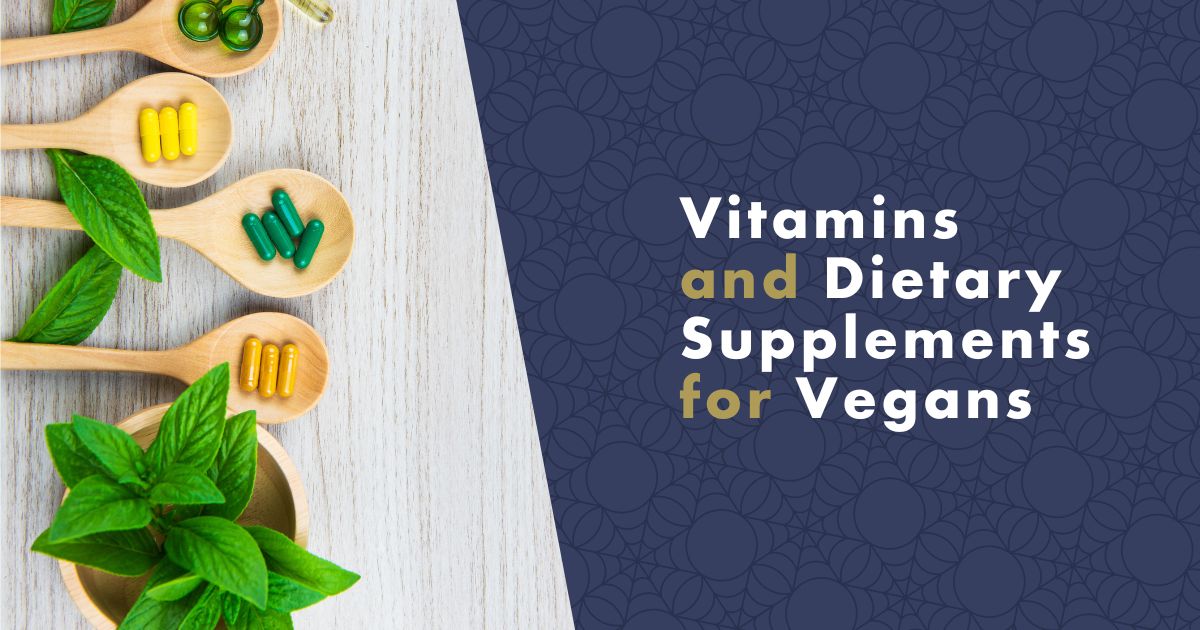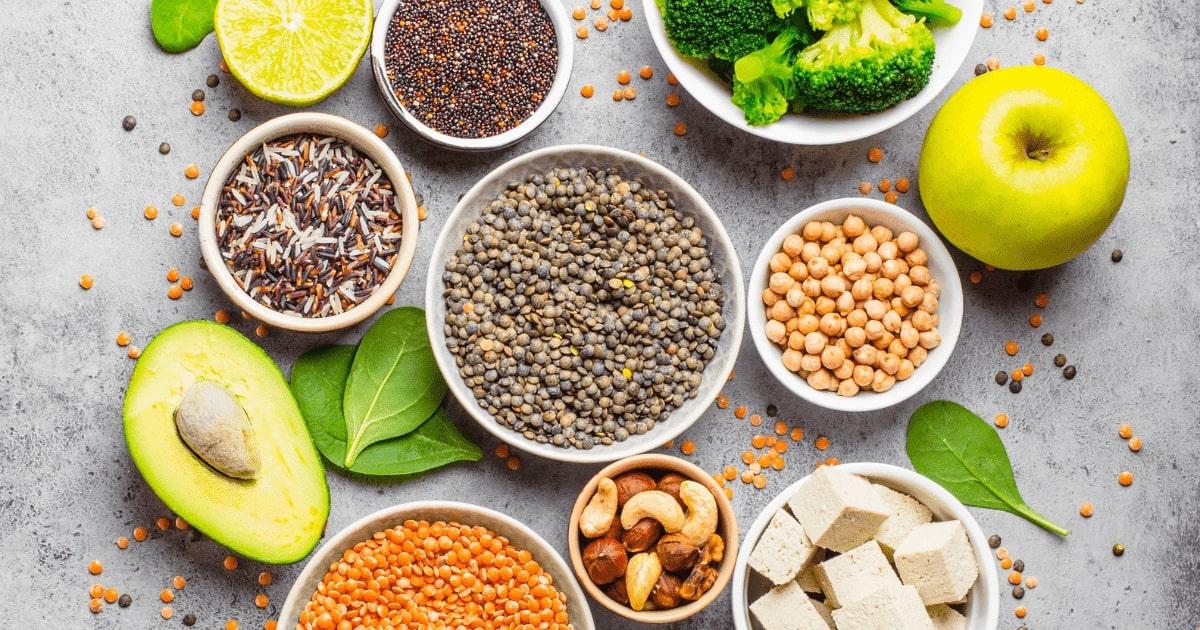Have you excluded not only meat but also other animal-derived foods such as eggs, honey, or dairy products from your diet? By doing so, you have joined a group of people we refer to as vegans, who exclusively consume dishes made from plant-based ingredients. Even you should not give up on taking dietary supplements that will provide your body with what it doesn't get from your food.

Instead of meat or eggs, you indulge in fruits, vegetables, mushrooms, rice, legumes, or nuts, opting for plant-based foods over animal products. Why not? These should also be part of our diet, and there's even a belief that those who consume more grains, fruits, and vegetables are healthier and live longer. On the other hand, it's fair to say that a vegan or vegetarian diet may not be the best choice if you want to build muscle.
TIP: Spice and natural remedy, that's oregano. Learn more here.
Veganism is a lifestyle
It's not just about food but life in general; vegans not only avoid eating animal products but often refrain from buying them as well. You won't see them in a leather jacket, let alone a feathered one or a woolen sweater. They prefer vegan footwear, which is not made from leather. They strive to eliminate or at least minimize animal exploitation in relation to fashion, entertainment, and other areas.
TIP: Do You Know What Slow Fashion Is and How to Shop Sustainably?
Becoming a vegan is not something you're born with; it's a choice you make during your life when you decide to embrace or follow a vegan lifestyle. To what extent you do so depends on the individual. The first step usually involves adjusting your eating habits. When you eliminate animal-based foods, new horizons open up for you. Although a vegan diet may seem relatively bland, the opposite is true; it can be very diverse.
Just think about how many varieties of fruits and vegetables there are, and the same goes for herbs, seeds, and nuts. It takes a lot of time to taste them all.
Did you know that you can also try various plant-based milks, protein bars, spreads, or protein mixtures for athletes? You won't miss out on ice cream or sweets either. They can be found in vegan versions, just like eco-friendly laundry detergents.
TIP: Eco-Friendly Laundry: Save Nature and Money
Are there any disadvantages to a vegan diet?
It's the same as with any diet; each has its pros and cons. The biggest downside of a plant-based diet is that it can make it difficult to gain muscle mass and may also pose a higher risk of deficiency in certain vitamins and minerals.
TIP for an article: Vitamin D Deficiency: How to Supplement It?
When we focus on the challenge of gaining muscle mass, it's because plant-based ingredients contain fewer proteins than animal-based ones, and their quality is less usable for the body.
And what about the lack of vitamins and minerals? It most commonly involves zinc, iron, calcium, vitamin B12, and omega-3 fatty acids. Meat is missing from vegans' diets, and it's meat that contains not only proteins but also a lot of vitamins and minerals. Not to mention that plants usually contain antinutrients that reduce mineral absorption, adding to the challenges.
But there's no need to give up. A vegan diet can be adjusted to include almost all necessary nutrients (except vitamin B12). Alternatively, you can opt for dietary supplements and vitamins for vegans.
TIP: Magnesium Deficiency – How to Quickly Supplement It
#produkty#https://www.nanospace.store/search/?string=vegan+vitamins
What vegan dietary supplements should you take?
- Vitamin B12, which cannot be obtained from a plant-based diet; you simply won't find it there.
- Zinc, the primary source of which is usually meat. However, when we don't eat it, we should opt for an absorbable form of zinc. It's essential for our immune system, as well as wound healing and tissue regeneration. Tip: We recommend Beauty Hair Complex – for Beautiful Hair and Skin.
- Iron, typically found in meat and organ meats, but vegans don't consume any of it.
- Calcium, primarily obtained from tofu, sesame seeds, or beans in a plant-based diet, but getting enough can be challenging.
- Protein for supplementing protein intake.
- Vitamin D, which aids calcium absorption and is essential for bone mineralization.
- Omega-3 fatty acids, which support heart and brain function and also reduce body fat levels.
- Magnesium for vegans with vitamins B1 and B6 contributes to the normal functioning of the entire nervous system and mental functions.


